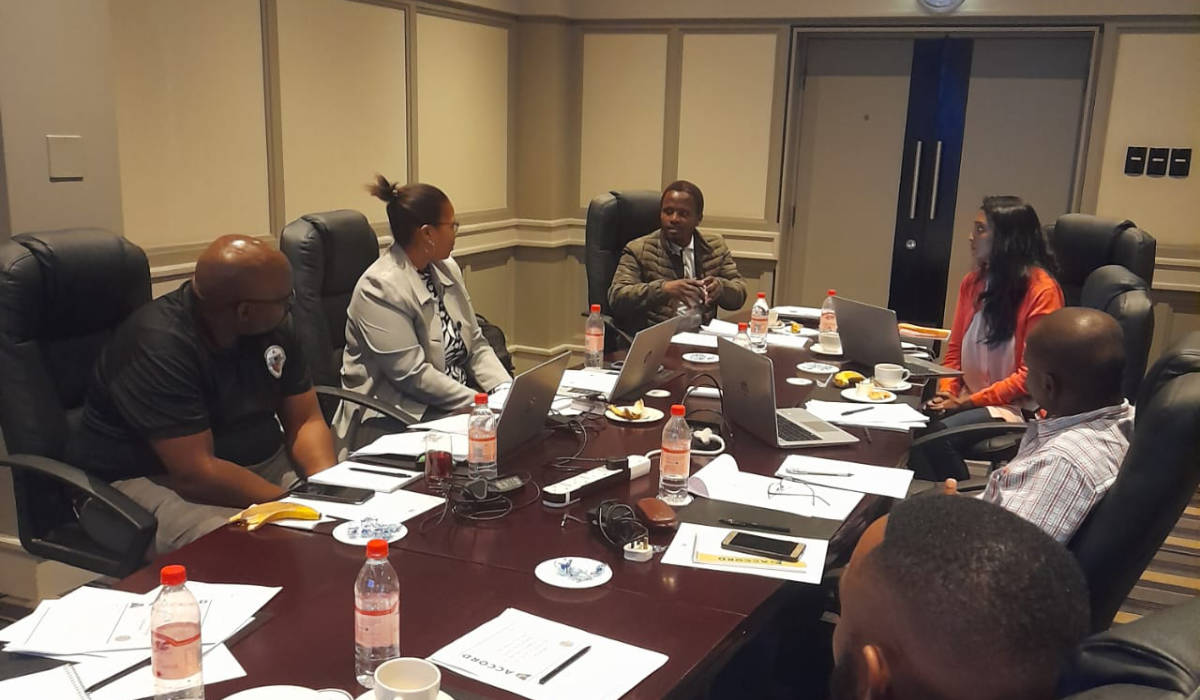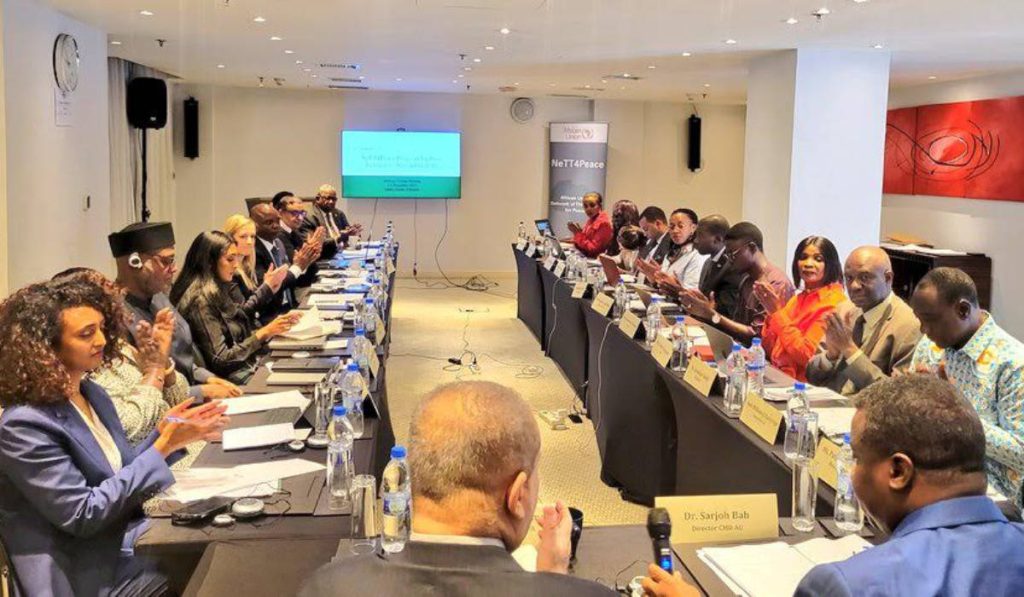Cross-border activities are inevitable in an interdependent world and do allow for beneficial relations between neighbouring states. However, criminal elements can cause security challenges for borderline communities, straining historical and existing cross-border relations, thereby placing pressure on states to find the necessary policy and security solutions to combat these issues.
To this end, on 16 and 17 November 2023 ACCORD, in collaboration with the Council of Swaziland Churches (CSC), the Moshoesho I Institute for Peace & Leadership (MIPL) at the National University of Lesotho, and Mr Owen Mangiza, Lecturer in the Department of History and International Studies at Midlands State University (Zimbabwe) convened a partners’ meeting in Pretoria, South Africa. The purpose of the meeting was to establish the Southern Africa Borderline Communities Research Network that will engage in research relating to the challenges and resilience of borderline communities in the Southern African region.
The partners shared insights into various security challenges experienced by borderline communities in their respective countries. It was noted that while security challenges exist in these areas, a purely militarised approach by the state can have unintended repercussions on the livelihoods of borderline communities. Therefore, state responses to cross-border security challenges need to be informed by an understanding of the existing relations and interactions between communities along the border, which may be affected negatively through increased securitised border control/management. The partners meeting aimed to arrive at a consensus about a common research agenda, methodologies, scope of research, and the phases of implementation for the Research Network. In this regard, it was agreed that the research would look into the examples and opportunities of resilience between borderline communities in the context of cross-border security challenges. The research findings of the ResearchNetwork will be used to devise evidence-based policy recommendations from the grassroots level to inform state responses to cross-border security challenges. Thus, the initiative aligns with ACCORD’s Strategic Objective 5 of “Contributing evidence-based analysis, policy support and knowledge to respond to complex conflicts”.








